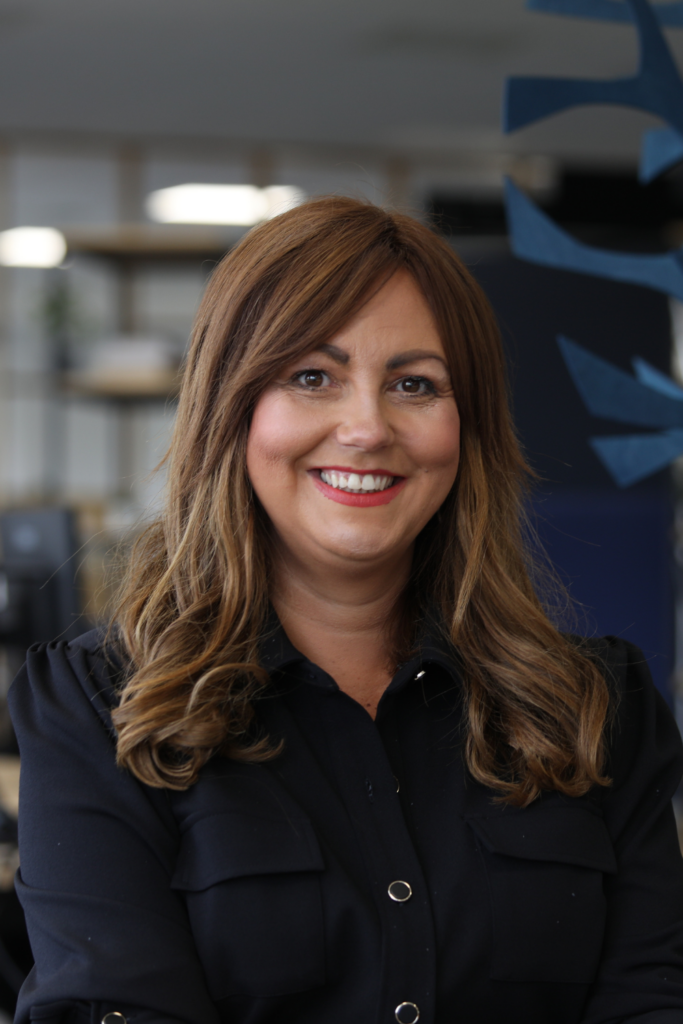- Work Hard
- 30th Sep 2022
- 1,053 Views
- 0
- 1 minutes
When it comes to success in business, work culture is key

Recently named an ‘outstanding place to work’, Julie Brayson’s role as Director of Transformation and Culture at believe housing seems to be paying dividends.










Comments